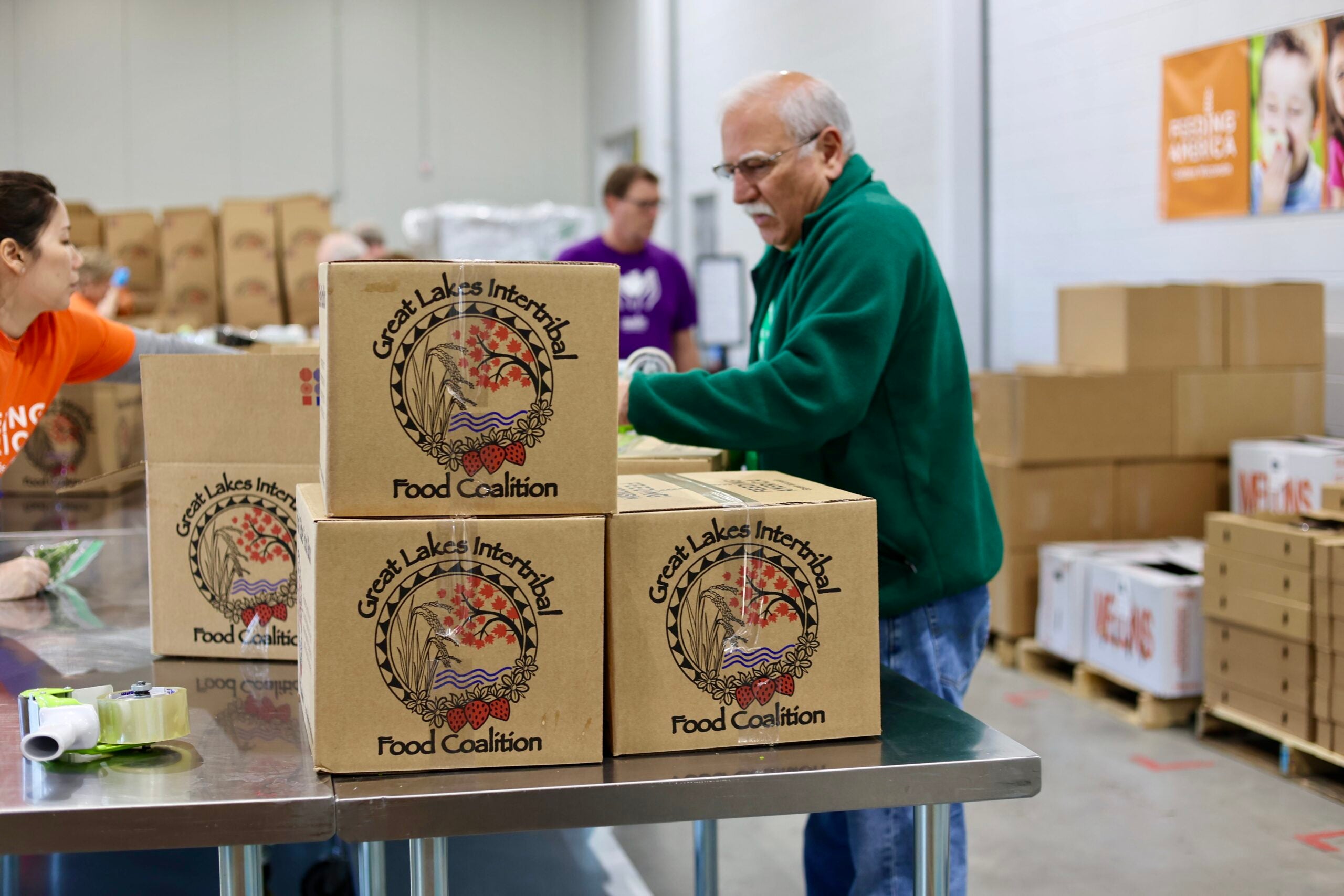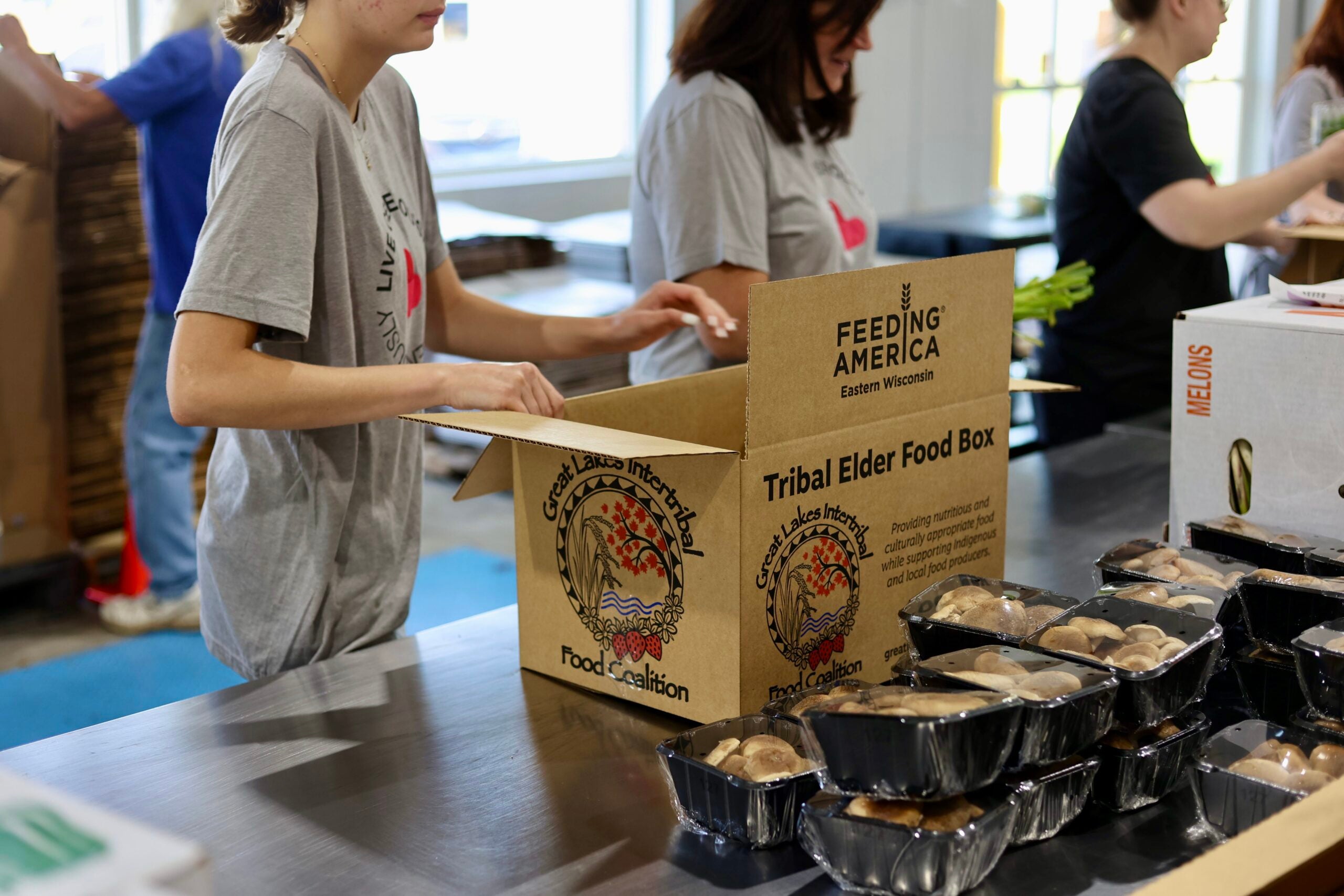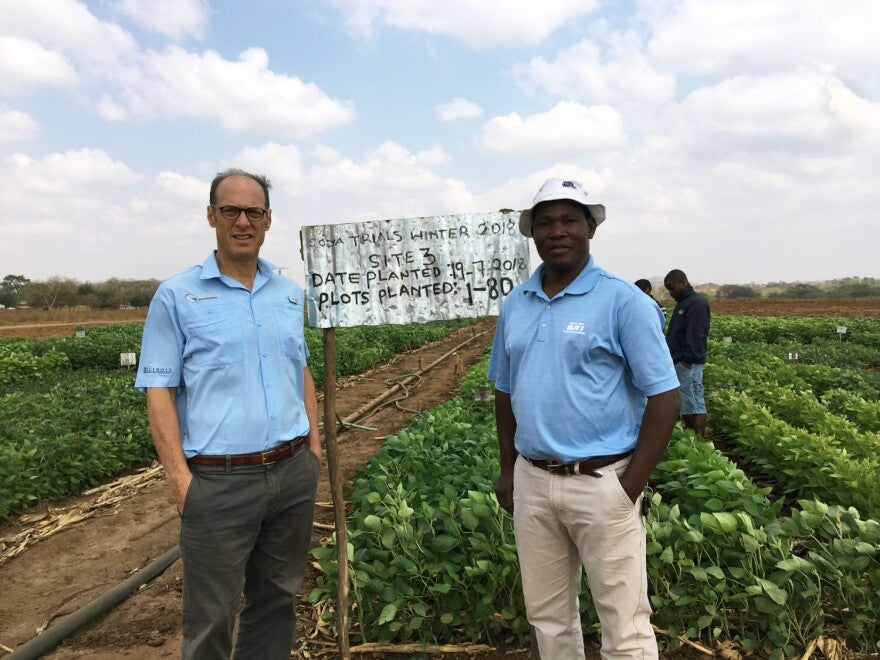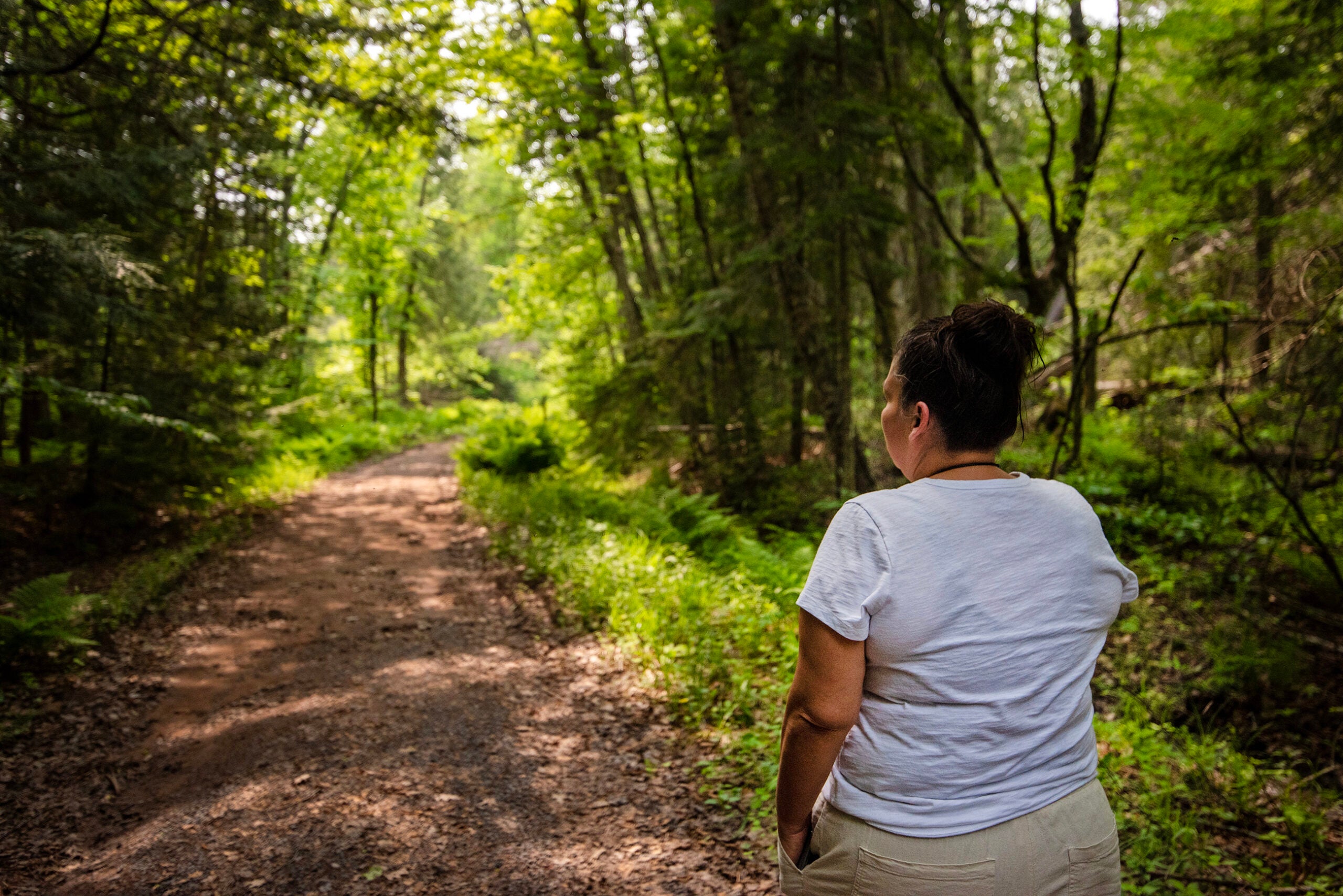For thousands of years, Indigenous farmers have cultivated crops like wild rice and corn, and have raised fish in fisheries.
Now, new federal grant funding will help Indigenous farmers and food access programs in Wisconsin expand their reach.
A partnership led by the Great Lakes Intertribal Food Coalition and the University of Wisconsin-Madison received $10 million from the U.S. Department of Agriculture’s Sustainable Agricultural Systems program earlier this summer.
News with a little more humanity
WPR’s “Wisconsin Today” newsletter keeps you connected to the state you love without feeling overwhelmed. No paywall. No agenda. No corporate filter.
“There’s a lot of knowledge that is already held by the tribes,” said Erin Silva, director of UW-Madison’s Center for Integrated Agricultural Systems. “We’re looking at taking that traditional ecological knowledge and that cultural knowledge and bringing it together with the research and expertise that we’ve been engaging with here at the university.”
Silva said the partnership builds on existing efforts by tribal nations in Wisconsin to reinvigorate their traditional agricultural practices.
The five-year project will work to expand the Tribal Elder Food Box program, an initiative started by three tribes during the COVID-19 pandemic to buy locally-produced food from Indigenous farmers and distribute it to tribal members.
The program by the Great Lakes Intertribal Food Coalition has grown to serve all 11 tribes in Wisconsin and distributed 30,000 boxes in 2023, with about 60 percent of the products coming from tribal producers.
Dan Cornelius, a member of the Oneida Nation of Wisconsin and CIAS outreach program manager, said the supply chain disruptions and product shortages during pandemic highlighted the need for tribal nations to invest in their own food systems.
He also pointed to the decline in average life expectancy for Native Americans, which fell to 65 years old in 2021. By comparison, the national average was 76 years.
“The underlying causes of why the pandemic hit Native communities so hard, a lot of it is health, but it’s also food access,” Cornelius said. “That’s really the context of where these intertribal food system efforts come in, is how do we build up our food systems? How do we promote more intertribal cooperation and coordination? And a lot of this is even more basic rural economic development.”
He said the project will work on scaling up production on tribal farms to support the food box program, while also honoring Indigenous values and teachings around agriculture. The partnership will also look at ways to expand processing and supply chains needed to further distribute locally produced food, including through schools and tribal casinos.

The grant funding will support a farming apprenticeship program through the Wisconsin Tribal Conservation Advisory Council. Jeff Mears, executive director of the group, said having stable funding for the positions provides more certainty for the tribes and those who are looking to start a career in agriculture.
Mears said the same is true for current farmers who are finding more stable markets through the Tribal Elder Food Box and similar programs.
“When you have that built-in market, it makes it much easier to plan for growing their operations, to get the equipment that they need or perhaps the land leases, the land purchase that they need,” he said. “I think of this as being an incubator, a seed or opportunity for tribal producers to really grow their operations.”
Wisconsin Public Radio, © Copyright 2025, Board of Regents of the University of Wisconsin System and Wisconsin Educational Communications Board.





